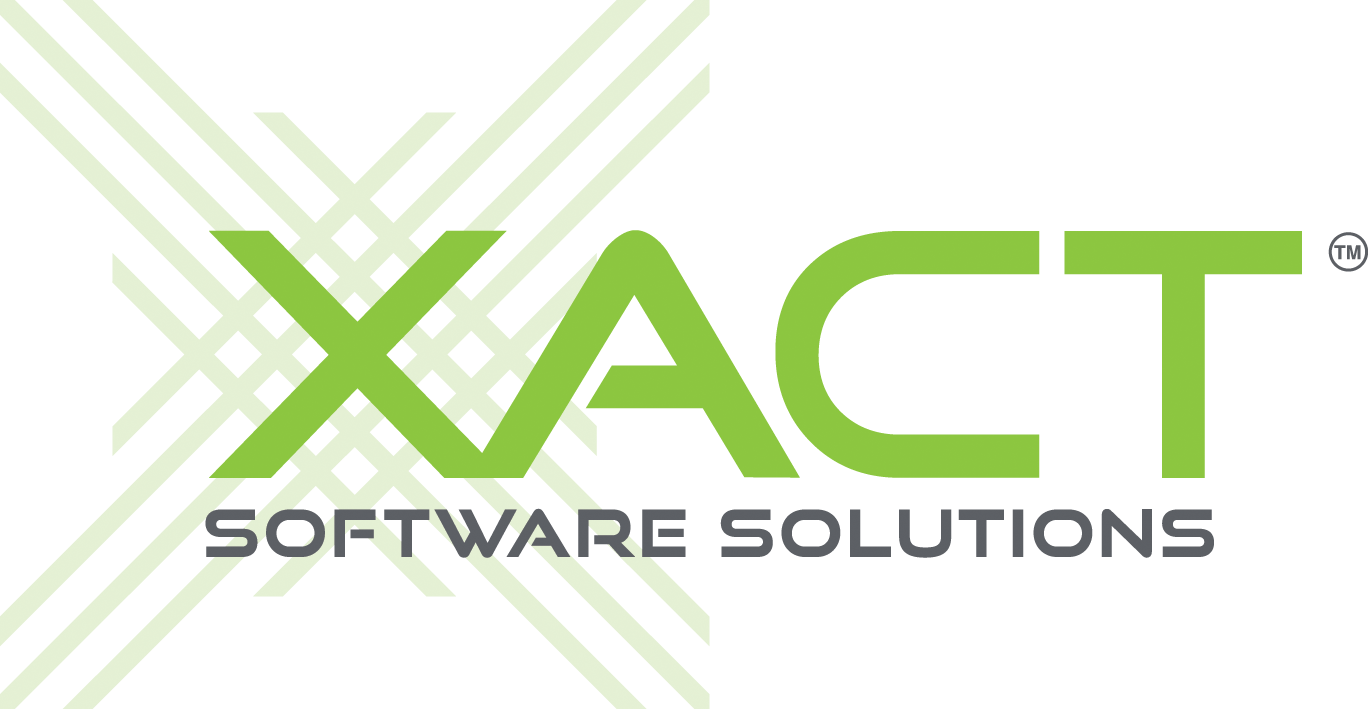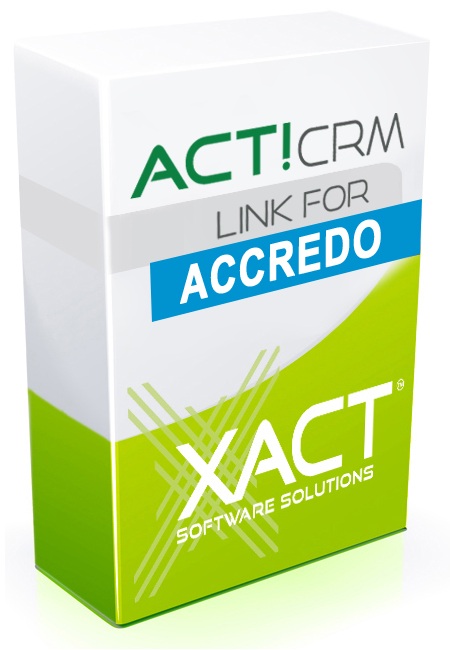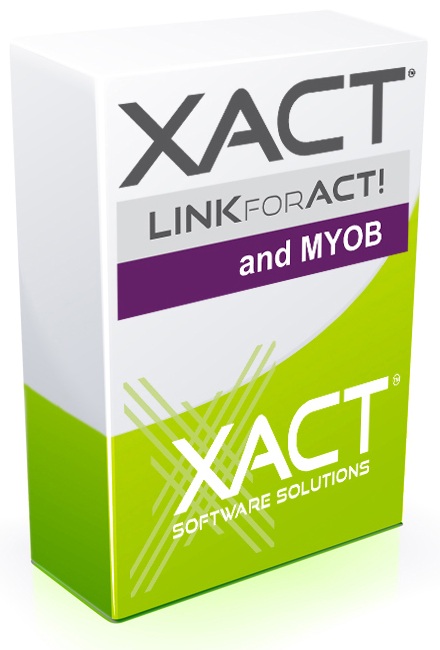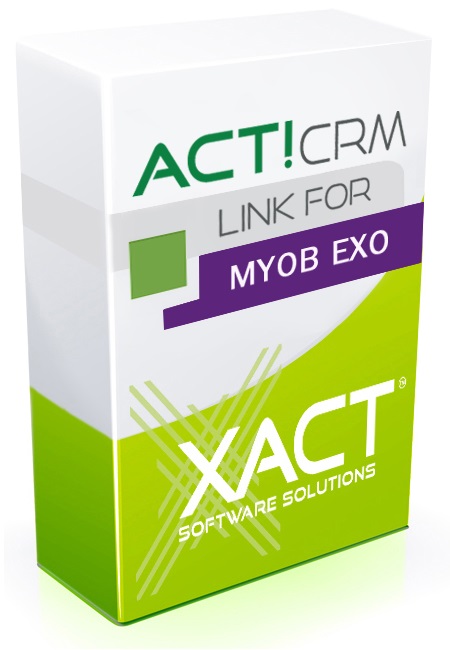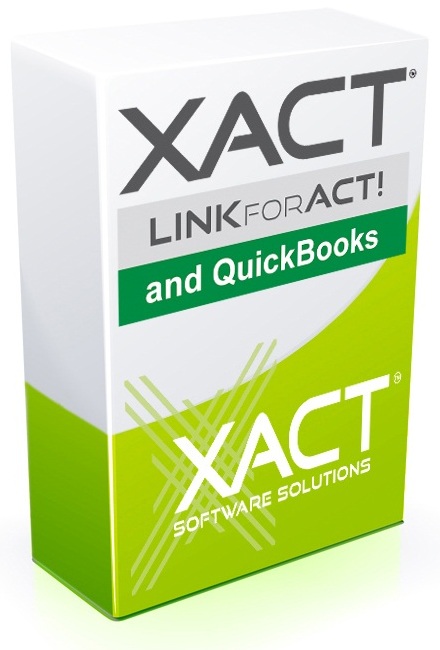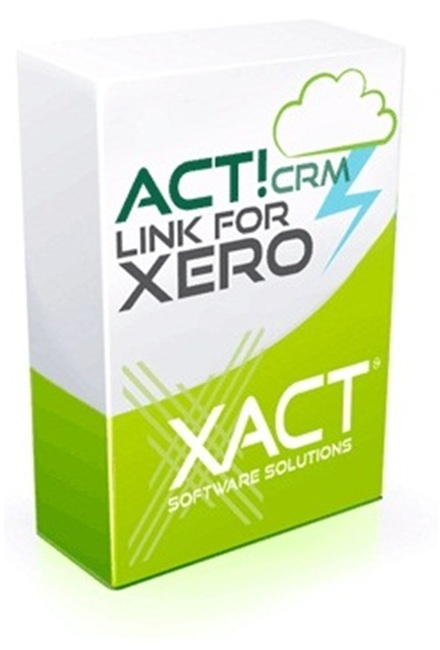Customer Relationship Management
All the information relating to a customer forms the basis of a customer relationship package including information in your accounting system, email correspondence and other documents.
CRM is more than technology, it is about easy access to customer data, accessible from one point, presented in a way that is easy to assess to gain an insightful view of your customer . It enables business to serve customers more efficiently and find those prospects who are likely to be interested in what you sell.
For your existing customers, you are able to determine which product and services that would interest them. A good CRM solution builds value by opening up communication channels and creating a common client-focused knowledge base.
Connected
A capable CRM keeps you connected to your other business resources like Outlook®, QuickBooks® Online, Xero and Wufoo for your customer facing website.
Everywhere
CRM goes where you go, enabling you to be productive from wherever you work—the office, home, or the road—whether you’re online or offline.
